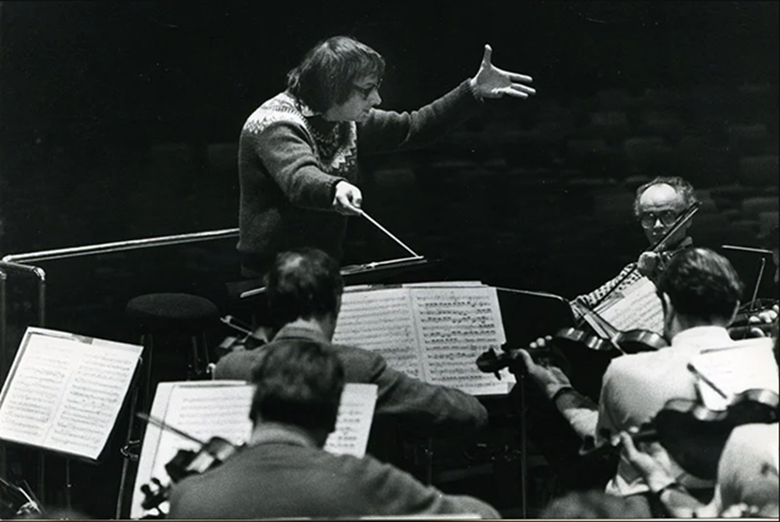Artist Managers: How André Previn made TV magic
Andrew Green
Tuesday, February 7, 2023
Andrew Green explores the story behind one of classical music’s greatest comic crossovers


Register now to continue reading
Don’t miss out on our dedicated coverage of the classical music world. Register today to enjoy the following benefits:
- Unlimited access to news pages
- Free weekly email newsletter
- Free access to two subscriber-only articles per month




